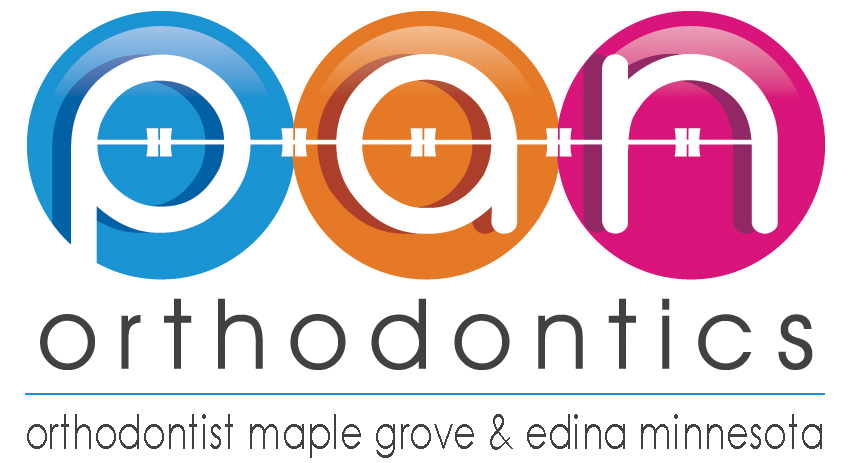Is Having an Underbite Bad?
An underbite is a dental condition where the lower teeth extend beyond the upper front teeth. Some think the condition creates a bulldog-like appearance in the mouth and face. The severity of an underbite can vary, with some having lower teeth that extend far forward, and others with a case that is barely noticeable. Below is more information on what causes an underbite, the oral health problems associated with the condition, and some underbite treatment options.
Underbite Causes
There are many factors that can impact the alignment of the teeth. Normally, the upper teeth will grow in so they fit a little over the lower teeth and the molars should grow in so that they fit into one another. Proper tooth alignment is important to bite, eating, and speech. There are several factors that can cause the development of an underbite, including:
- Childhood habits: Habits like thumb sucking, pushing on the teeth with the tongue, and using a pacifier over the age of 3 may increase risk for developing an underbite.
- Genetics: Often underbites are inherited, meaning they are passed down in families through genes.
- Injury: A severe facial injury may cause permanent damage to the jawbones, causing an underbite.
- Tumors: A tumor on the jawbone or in the mouth can cause the jaw to appear to protrude forward.
Oral Health Issues
Even though an underbite appears to be a cosmetic issue, the condition can cause several oral health problems, including:
- difficulty biting and chewing food
- challenges with speaking properly or clearly
- pain in the mouth and face caused by the misalignment of the jaw
- increased risk of tooth decay and gum disease
Treating an Underbite
Most individuals are not born with teeth that are perfectly aligned. Teeth that need a slight correction for misalignment will not require any medical treatment. Teeth that are more severely misaligned, including a severe underbite, may require treatment. Deciding to correct a severe misalignment will pay off with many benefits. The daily hygiene of teeth will become easier. The risk for tooth decay and gum disease will decrease. And many patients experience less pain in the teeth, jaws, and muscles. There are additional in-home treatment options for patients with underbites, as well as professional dental treatment options.
- In-home treatment: For individuals with underbites, daily brushing and flossing may not be enough to prevent tooth decay. Patients with underbites are often encouraged to brush twice daily with fluoride toothpaste. More care and attention should be paid to brushing along the gumline and on the inside and outside of the teeth, and in the back of the mouth. Patients with underbites should also consider seeing their dentist at least twice a year for checkups and cleanings and to make sure tooth decay is not occurring.
- Professional dental treatment: To correct an underbite and align teeth correctly a professional dental treatment is necessary. In less severe cases, wire or plastic braces or another dental appliance may be used to move the teeth into their correct place. Another common approach used is to remove one or more teeth on the lower jaw to reduce overcrowding of the teeth. In more severe cases, surgery on the jawbones may be recommended to correct the condition.
